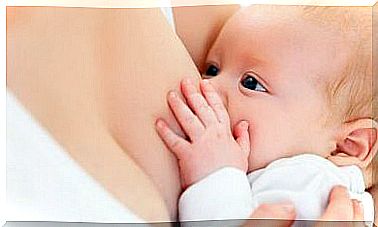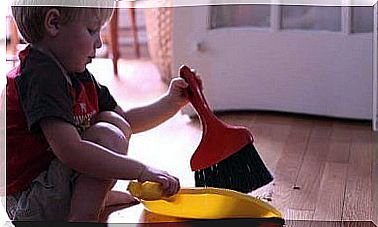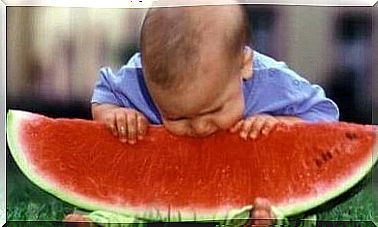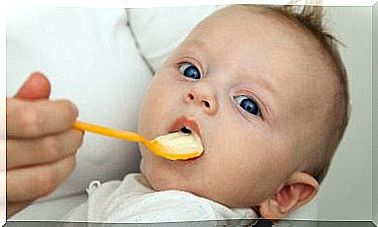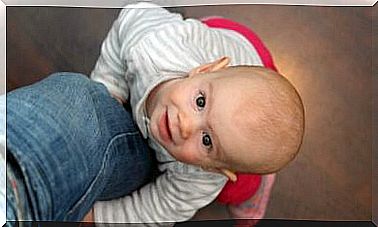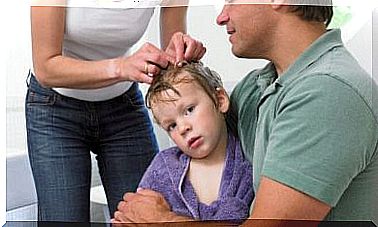Postnatal Depression: Causes, Symptoms And Treatment
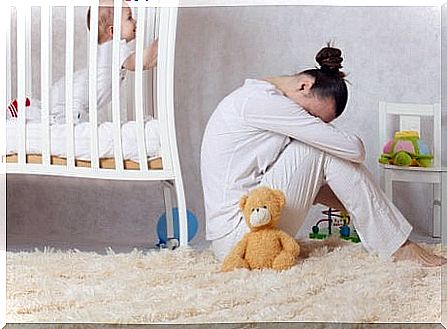
Postnatal depression is a type of depression that women can experience immediately after having a baby. Mostly it lasts for up to a year afterwards.
There is actually such a thing as postnatal depression in men. However, these occur much less often.
According to studies, up to 25% of women experience one or more symptoms of postnatal depression.
So the frequency is significant and that’s why we think it’s good to know about it and deal with it.
Causes of Postnatal Depression
A depressive phase after childbirth can have several causes. Some of them are:
- Physical changes. Pregnancy completely changes a woman’s body. When the birth is over, it is suddenly outside of your body. It is also difficult to accept that it takes time for the body to recover.
- The living environment is changing. You now have a child and it takes all of your resources. You will notice that your social and professional relationships will suffer as a result. It is simply no longer possible to bring everything under one roof.
- The loss of independence and personal freedom. Your baby is taking on you a lot more than you expected or imagined. For a certain time you will have to give up your personal space.
- Lack of sleep. Everyone is familiar with the tiredness that comes with the first few months of parenting. This lack of sleep leads to a state of exhaustion that is associated with depressive thoughts.
- The pressure to be a good mother. You let others influence you about what to do. That and your own opinion can contrast sharply with reality. It can be very confusing.
- Even so associated diseases such as depression, bipolar disorder or anxiety may promote postnatal depression.
- The abuse of drugs, alcohol, and other harmful behaviors during pregnancy can also lead to postnatal depression.

Focus on your postpartum recovery so that you can give your baby the best version of yourself.
Postnatal depression – these are the symptoms
- Before we talk about the symptoms, it is necessary to make it clear in advance that the first two weeks after the birth are full of crying, fear and the feeling that “everything is too much”. That is perfectly normal. But postnatal depression feels different again. The mother may feel so sad that it affects her behavior towards the baby.
- Excessive or no interest in the newborn child.
- Afraid of being alone with the baby.
- Neglect of yourself and the baby too.
It also includes the following symptoms:
- Permanent restlessness and irritability.
- Pronounced anxiety states.
- Sleep disorders.
- Altered appetite.
- Feelings of futility or guilt.
- Loss of focus and energy.
- Thoughts of death and suicide.
What Helps Against Postnatal Depression?
First of all, it is important to know that postnatal depression is much more common than it seems. Being a mother and becoming a mother is difficult, even if it is not often spoken out honestly and openly. It is accompanied by many profound changes that you need to adapt to quickly. Accepting all of this is not easy.
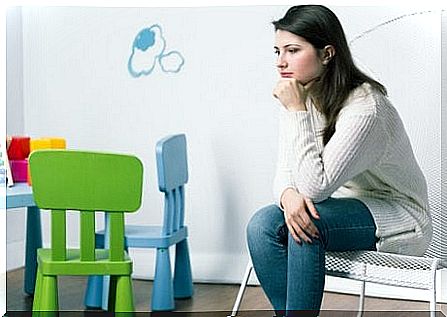
If you find that feelings of sadness persist for more than two weeks after the birth, we recommend that you seek professional help. There is no reason to be ashamed of it! The sooner you get support, the better.
Whether it involves therapy or medication, it is important to take the help of experts and follow their advice. After all, that’s what experts are for, right?
The following tips can also help against postnatal depression:
- Look for support in your immediate environment. Your partner, family, and closest friends can help you in many ways. They can do household chores for you, run errands for you, or even take the baby off your hands.
- Do not be ashamed of what you are going through. Don’t try to hide or suppress your feelings. And no way should you feel guilty. That usually just makes it worse. You have a right to be sad and to feel overwhelmed by the new situation.
- Try to talk to other mothers about it. Many mothers believe they need to feel happy and hide their true inner feelings because they are afraid of being judged for it.
- Say goodbye to the idea of the perfect mother! There are no perfect mothers, but there are good mothers. Focus on your recovery and look after yourself too. This is the only way you can be there for your baby. And don’t worry, your baby will love you unconditionally.
Knowing that your child needs you more than anyone else in the world will help you discover your inner strength. And that’s all you need
